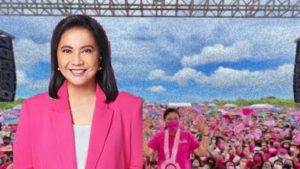The ASEAN: Opportunities and Challenges discussion series
Series 04 – August 2020
50 years down the road in ASEAN’s evolution from a regional bloc to an economic, political and socio-cultural community with a vision for the 21st century is not unpaved by stumbling blocks that emerge from the physical/ infrastructural to the normative/ institutional and the geopolitical (Mendoza 2017, 2018; Chee 2017; Salvador 2015). Member states’ uneven integrative capabilities in investments in telecoms and transport, and in the education-labor market, (Quintana 2016) among others, derail the implementation of the Master Plan for ASEAN Connectivity 2025 (Mendoza 2017).
This is not to ignore the more recent civil society-state and regional alignments that have been generated in ASEAN’s cooperative spaces. Some examples in the series include interdependent policy outcomes:
- Drafting of the ASEAN Framework Instrument on the Protection and Promotion of the Rights of Migrant Workers, ASEAN Forum on Migrant Labour meeting, Bangkok, 2009 (Chee 2017)
- Furthering of transnational educational mobility through data collection and monitoring of internationalization indicators of HEIs, aligned with the UNESCO framework and SDG 4, ASEAN +6 experts meeting in Bangkok, 2016 (Berse 2017)
- Collaboration through the EU- SHARE Program on ASEAN Qualifications Reference Frameworks and Quality Assurance, Credit Transfer System and Student Mobility with Scholarships (Berse 2017)
- Development of a regional strategy for strengthening Ehealth in southeast Asia region, High-Level Meeting on eHealth, Bangkok, 2013 (Lao 2019)
To forge ahead with ASEAN’s Vision 2025, member states are compelled to challenge their practices of sovereignty, and to pivot from non-interference to responsibility (Salvador 2015). ASEAN also needs a “united approach or policy” to face up with China’s divide and rule tactics in the South China Sea (Mendoza 2015). More than fifty years later into its existence, ASEAN needs “a sea- change in thinking of all members, one which recognizes…acting in concert as a community of nations rather than as atomistic states” (Chee 2017).



